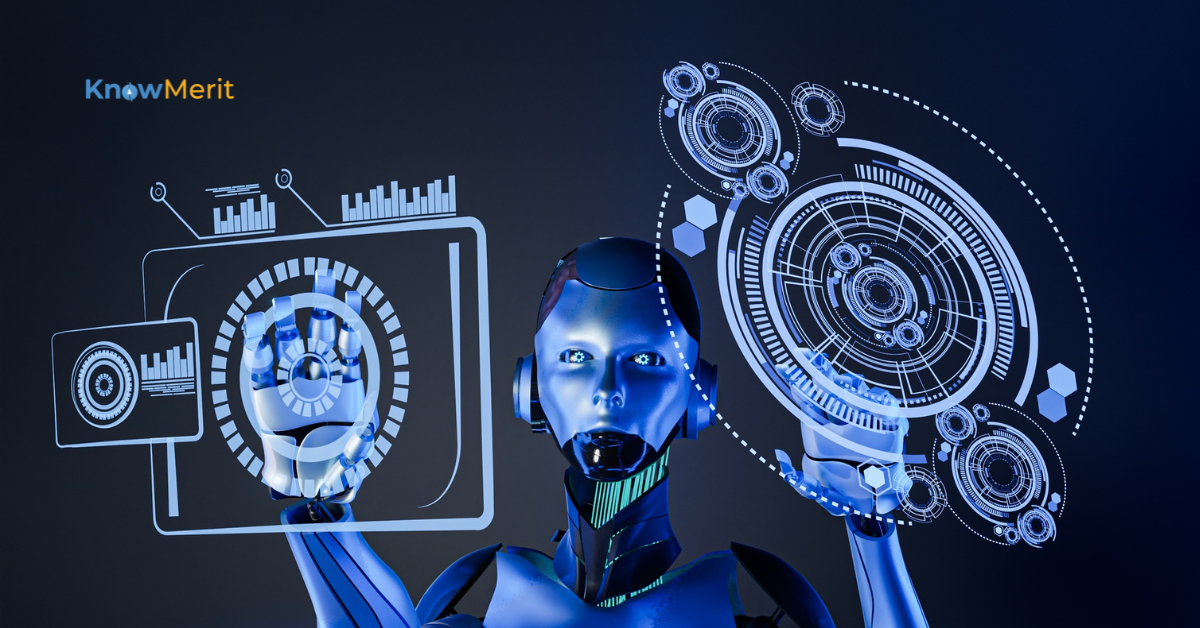What is Machine Learning?
Machine learning is a type of artificial intelligence (AI) that allows computers to learn and improve without being explicitly programmed. This is achieved by feeding the computer large amounts of data, which it then uses to identify patterns and make predictions. Machine learning can be used for a variety of tasks, such as:
- Classification: This involves predicting the category that a new data point belongs to. For example, a machine learning algorithm could be used to classify emails as spam or not spam.
- Regression: This involves predicting a continuous value, such as the price of a house.
- Clustering: This involves grouping data points together based on their similarities. For example, a machine learning algorithm could be used to group customers together based on their purchasing habits.
There are many different types of machine learning algorithms, each with its own strengths and weaknesses. Some of the most common algorithms include:
- Supervised learning: This type of algorithm is trained on a labeled dataset, meaning that each data point is labeled with its correct classification.
- Unsupervised learning: This type of algorithm is trained on an unlabeled dataset, meaning that the data points are not labeled with their correct classification.
- Reinforcement learning: This type of algorithm learns by interacting with its environment and receiving rewards for its actions.
Machine learning is a powerful tool that can be used to solve a wide range of problems. It is still a relatively young field, but it has already made significant progress in recent years. As machine learning continues to develop, it is likely to have an even greater impact on our lives.
Here are some of the benefits of machine learning:
- Improved accuracy: Machine learning algorithms can learn from large amounts of data and make predictions that are more accurate than those made by humans.
- Reduced costs: Machine learning can automate tasks that were previously performed by humans, which can lead to reduced costs.
- Increased efficiency: Machine learning can help to improve the efficiency of processes by automating tasks and identifying opportunities for improvement.
- New insights: Machine learning can help to identify patterns and trends in data that would not be possible to identify by humans.
Here are some of the challenges of machine learning:
- Data quality: Machine learning algorithms are only as good as the data they are trained on. Poor-quality data can lead to inaccurate predictions.
- Explainability: It can be difficult to understand how machine learning algorithms make decisions, which can make it difficult to trust them.
- Bias: Machine learning algorithms can learn and amplify biases that exist in the data they are trained on. This can lead to unfair or discriminatory outcomes.
- Security: Machine learning algorithms can be vulnerable to attack, which could lead to the manipulation of data or the disclosure of sensitive information.
Despite these challenges, machine learning is a powerful tool with the potential to revolutionize many aspects of our lives. As the field continues to develop, it is likely to become even more important in the years to come.





